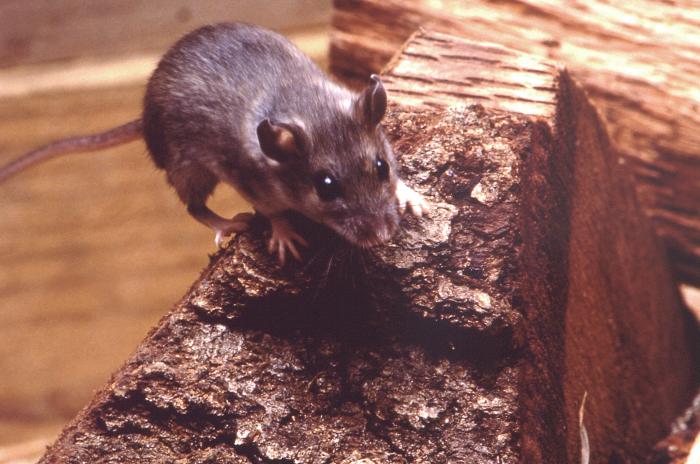Grant Country: Hantavirus Case
Printed From: Avian Flu Talk
Category: State Discussion Forums
Forum Name: Washington
Forum Description: (General discussion & latest news)
URL: http://www.avianflutalk.com/forum_posts.asp?TID=37304
Printed Date: April 16 2024 at 5:04am
Topic: Grant Country: Hantavirus Case
Posted By: Technophobe
Subject: Grant Country: Hantavirus Case
Date Posted: May 06 2018 at 3:55am
Hantavirus: Suspect case reported in Grant County, Washington
by http://outbreaknewstoday.com/author/news-desk/" rel="nofollow -
News Desk
May 5, 2018Health District officials are investigating a suspected case of Hantavirus Pulmonary Syndrome (HPS) in a middle-aged Grant County resident. The individual is believed to have been exposed to contaminated deer mouse droppings while cleaning out their vehicle. According to the family, the ill individual is improving but is still hospitalized with respiratory failure from the illness that began the middle of April. Preliminary test results were positive for Hantavirus infection; confirmatory results are pending.  If confirmed, this case will be the first hantavirus case reported in Grant County in six years. In 2012, two Grant County residents died of HPS from unrelated incidents. On average, 1 to 5 confirmed Hantavirus cases are reported each year in Washington. http://outbreaknewstoday.com/seattle-hantavirus-and-an-interesting-transmission-theory-48795/" rel="nofollow - Seattle, hantavirus and an interesting transmission theory Hantavirus Pulmonary Syndrome (HPS) is a rare illness caused by a virus found in the urine, droppings and saliva of infected rodents. In Washington State, deer mice are the only carriers of the virus. A person can get HPS by breathing in particles contaminated with hantavirus. This can happen when dust from dried rodent urine, saliva, and droppings that contain hantavirus are stirred up in the air. People can also get infected by touching rodent urine, droppings, or nesting materials that contain the virus, and then touching their eyes, nose, or mouth. It’s also possible to get HPS from a rodent bite. The disease does not spread person-to-person. The greatest risk occurs when people enter enclosed areas with rodent infestation and poor air circulation, such as sheds and other outbuildings, cabins, building crawl spaces, vehicles and campers. HPS illness usually begins one to six weeks after a person breathes in the virus. Early signs include fever, muscle aches, headaches, dizziness, chills, nausea, vomiting. As the disease gets worse, it causes coughing and shortness of breath and can lead to respiratory failure. People with hantavirus are usually hospitalized, and about one out of three people diagnosed with HPS have died. If you have been exposed to rodents or rodent infested buildings and have symptoms, see your doctor immediately and tell them about your possible rodent exposure. How should rodent-infested areas be cleaned? If you do have a rodent infestation, it’s important to take precautions when entering these spaces and during cleaning.
------------- How do you tell if a politician is lying? His lips or pen are moving. |